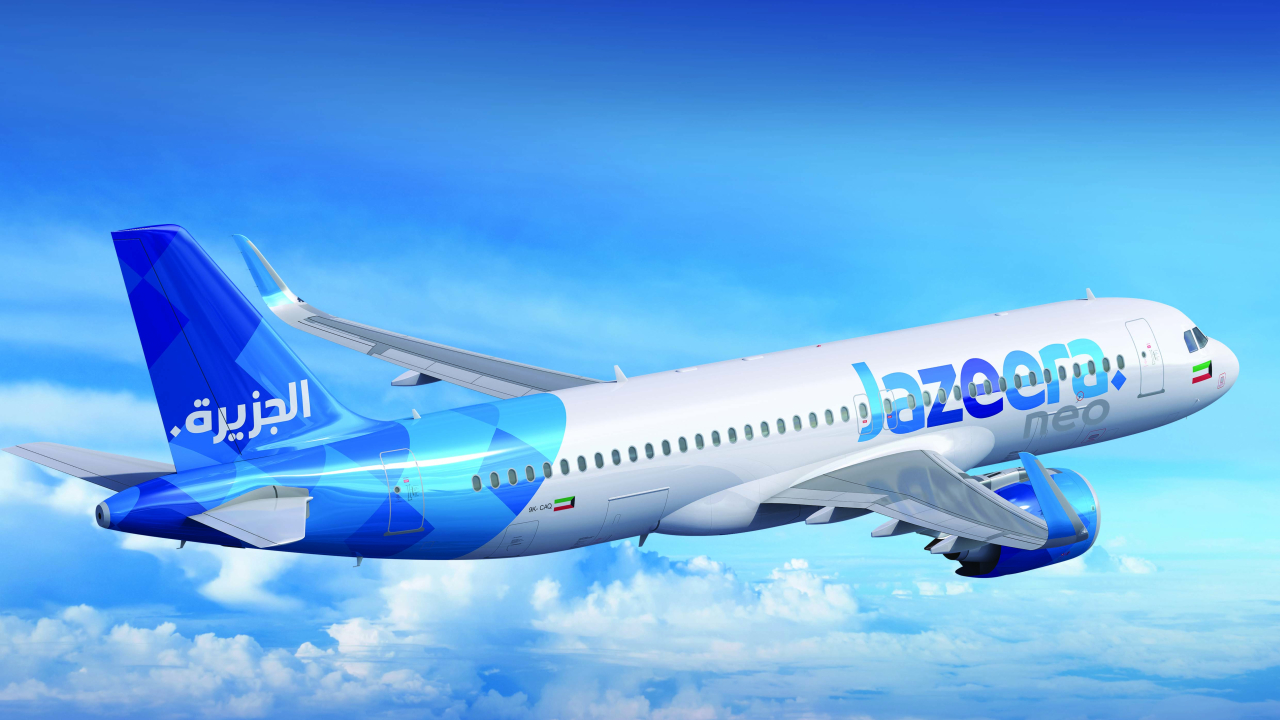Etihad heads towards profit with record first half performance

The Abu Dhabi carrier reported its most successful first half year ever, with revenues up 28% to $1,720m (H1 2010: $1,342m), driven by solid performances in both passenger and cargo activities.
Analyst Saj Ahmad said "Etihads first half earnings have shown that contrary to popular myth, it has managed and continues to draw in vast swathes of traffic on its network, much in the way that neighbouring Dubai-based Emirates has done for many years. With a 28% rise in revenue, the airline still has the ability to post a profit this year, particularly as its network continues to expand and benefits from new airplanes joining its fleet.”
This would put it ahead of plan to achieve profitability. In a statement Etihad said A 2% reduction in costs per available seat kilometre, despite large increases in oil prices, also helped deliver a positive EBITDAR (earnings before interest, tax, depreciation, amortisation and rentals) in the six months from 1 January for the first time.
Ahmad believes it is the airline’s key strategy that is pulling it through.
“Its focus on growing its core high yield business traffic is a strategy that is paying big dividends,” he said. “ With demand growing on key routes within Europe and Asia, Etihad has carved out its own position as a key transfer hub in the GCC region and with the carrier growing its regional presence too, the airline may be one of a select few that doesn't yet see the need to cater for passenger demand with a low cost airline operation of its own.”
Etihad’s cargo operations also enjoyed strong growth with revenues up by 32 per cent in the first half of the year, bolstered by improvement in tonnage and yields.
“This is a wonderful achievement and Etihad Crystal Cargo plays a hugely important part in the on-going success of the airline as it now contributes 20% of our direct operating revenue,” chief executive James Hogan said.
These results reflect higher utilisation of the freighter fleet, increased business segmentation and an expansion of trucking operations in the GCC.According to Ahmad investment in this sector has made a big difference to Etihad’s performance
“ What makes the figures for Etihad even more impressive is the growth of its international freight business. With a deal to utilise World Airways MD11F's, as well as inducting its first Boeing 777F, we're likely to see Etihad Crystal Cargo opting for more new fuel efficient freighters that will mitigate against rising fuel costs while still providing lower unit costs for customers, particularly as we see Dubai come under demand and capacity pressure in the coming years while infrastructure develops and grows. Abu Dhabi is poised to leverage such cargo and passenger growth and this benefits Etihad immensely. Once the airline attains profitability, it will be hard to see them ever losing money again if they continue they way they have done in recent years," he said.
Just last week Etihad took delivery of its first Boeing 777 Freighter, joining its cargo fleet of two Airbus A330-200F, two Airbus A300-600F aircraft and just yesterday Arabian Aerospace reported that the airline had extended its lease of two McDonnell Douglas MD11s from World Airways.
The airline is continuing to add routes. Only last week it introduced two new Chinese cities, Chengdu and Shanghai were announced and services to Male and the Seychelles start on 1 November.
“These are exciting new destinations for us. China is a huge market and Chengdu is the economic centre and transportation and communications hub of the country’s booming southwest region,” Hogan said. “We will continue to connect our high growth and emerging markets to Abu Dhabi and the world by linking them through the UAE capital while at the same time expanding our high value premium markets and traffic flows.”
The airline is also celebrating the dramatic expansion of its Emiratisation scheme which it says will see 864 UAE nationals employed by the end of the year, representing 18% of Etihad’s total workforce (up from 13% in 2010.)
Stay up to date
Subscribe to the free Times Aerospace newsletter and receive the latest content every week. We'll never share your email address.

